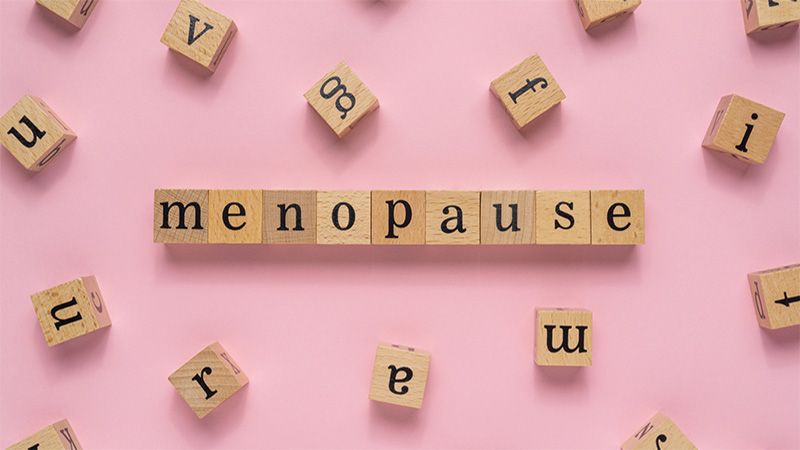Leaders from across industry, healthcare and the legal profession have formed the first-ever independent Menopause Advisory Group, the government has announced.
Convened by the government’s Menopause Employment Ambassador, Mariella Frostrup, the group discussed the impact menopause can have on workers, current efforts to support women in work and how businesses can work in partnership with the government to ensure women don’t fall out of the workforce due to menopause.
Figures from the Chartered Institute for Personnel and Development show that over half of women experiencing menopause (53%) have not been able to attend work due to their symptoms, with 10% leaving work for good, costing businesses around £1.5bn every year.
Frostrup commented: “I’m delighted to have this incredible group of professionals helping me ensure that women in midlife, a time when we often have to balance so much responsibility, are properly supported at work.
“Far too many experienced and capable women are forced out of employment through no fault of their own, hurting their earnings and our nation’s economy. Together, we can create a more supportive and happier workplace where everyone can succeed.”
Also read: The gender lens: What needs to be done to bridge the investment gap?
Royal London’s head of technical and marketing compliance, Clare Moffat, welcomed the announcement: “The topic of menopause in the workplace deserves appropriate attention. It is essential for women to feel empowered to discuss menopause openly, positively and respectfully, and to receive active support.
“Businesses need to create a supportive workplace environment, which will be key to retaining talent in the workforce. Currently, too many women are considering leaving employment due to menopause symptoms, which can have a significant impact on their overall finances, particularly their retirement savings.
“Encouragingly, from our research around menopause in work, 82% of menopausal women said they would be more likely to stay with their current employer if they were better supported.
“For that to happen, business leaders need to better understand menopause and how they can support employees. This includes creating a supportive workplace environment and signposting effective menopause support to help employees and ensure the economy benefits too.”
Moffat went on the explain that women are already more likely than men to take a career break or work part-time to care for children, grandchildren or elderly relatives, on top of dealing with the symptoms of menopause. This also comes at a time when many women may be thinking about adding to their pension savings.
“Quite apart from the loss of income, women leaving their job because of menopause symptoms miss out on important pension savings at a key stage in their life, potentially resulting in them being up to £126,000 worse off in retirement.”








